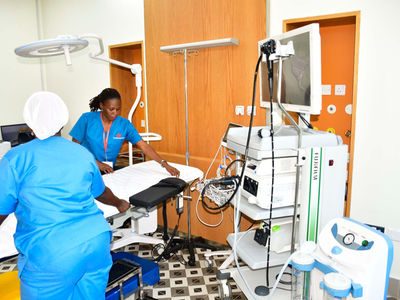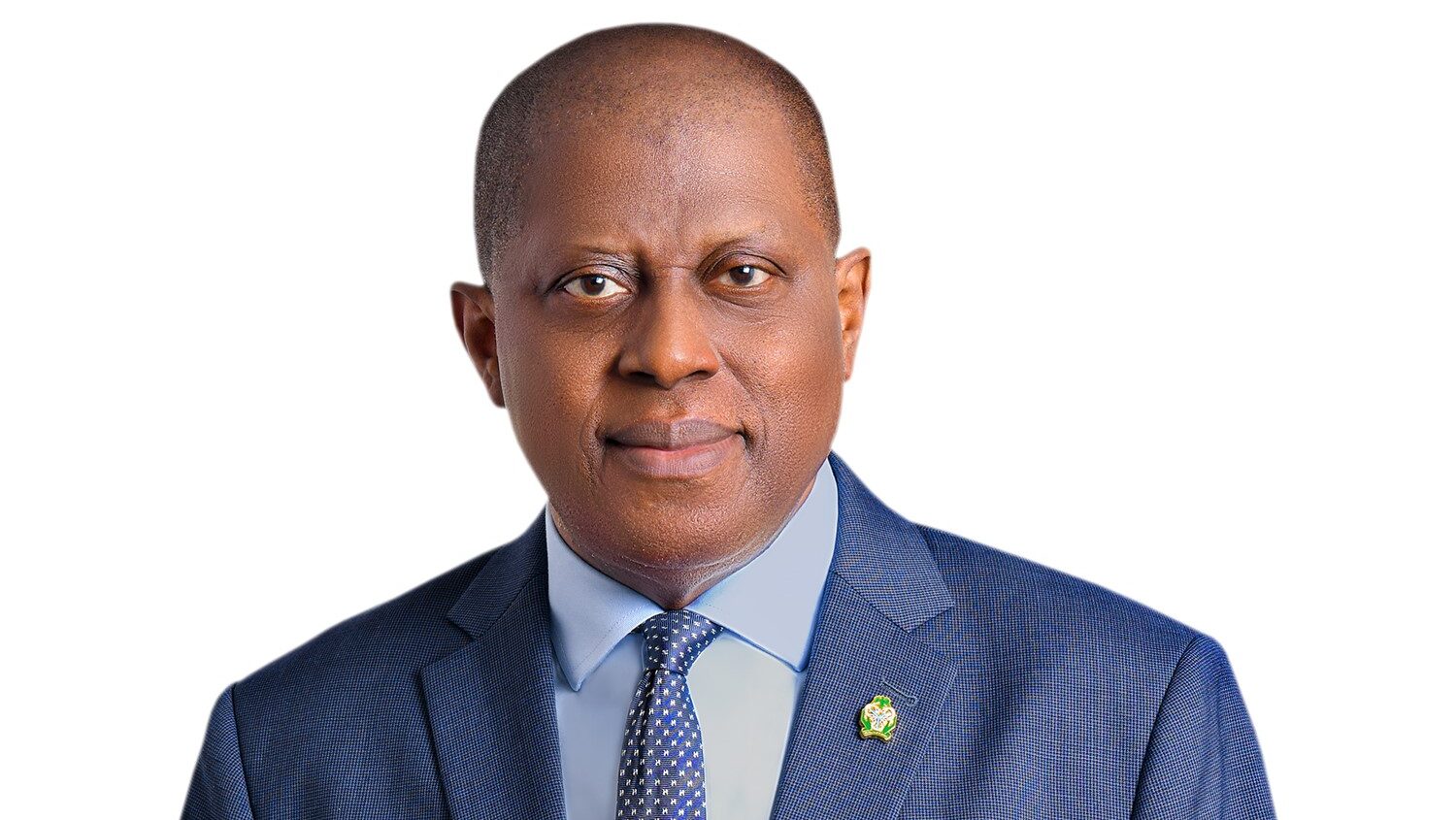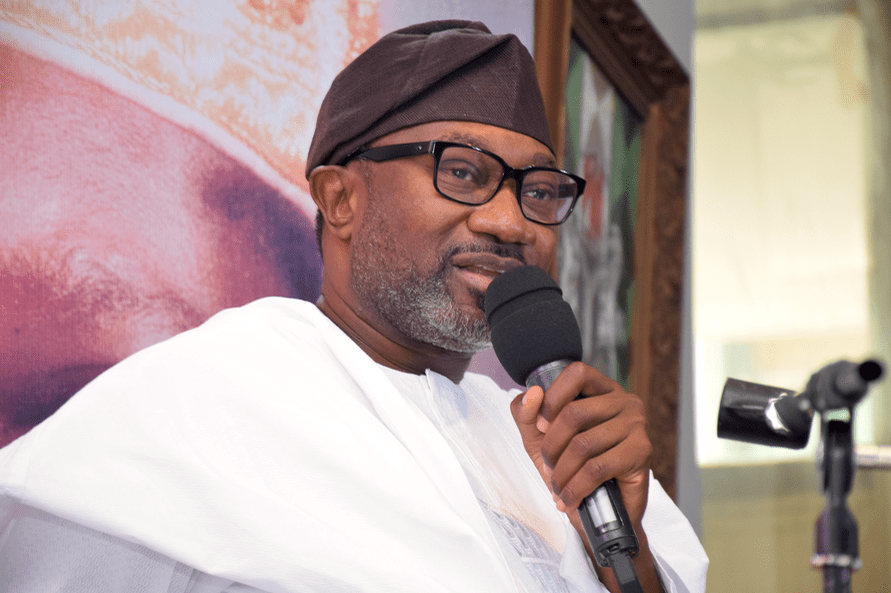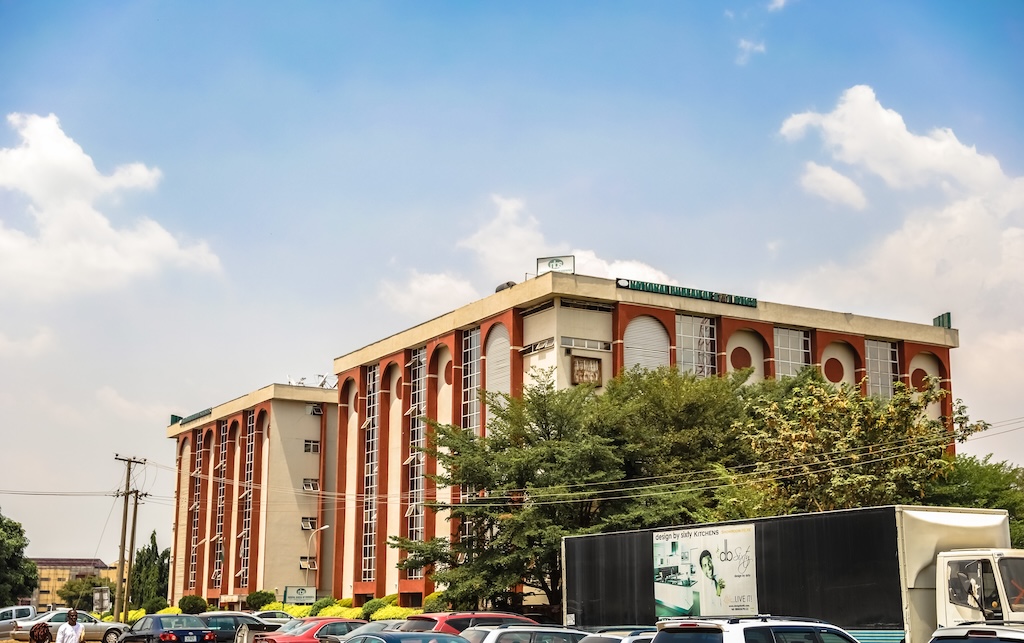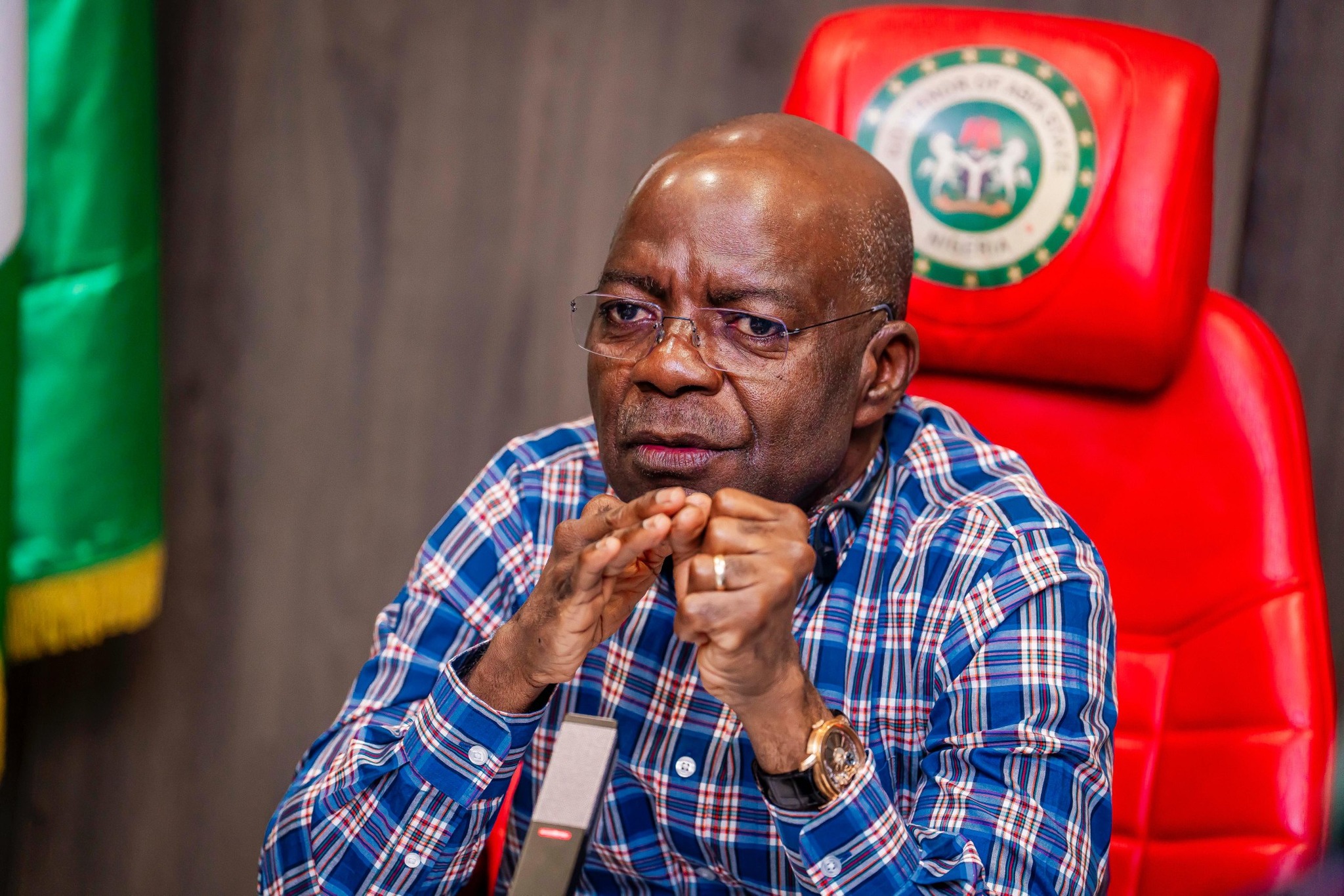An International Monetary Fund (IMF) staff delegation will land in Accra on 29 September 2025 to begin the fifth review of Ghana’s ongoing support programme, a key checkpoint as the three-year arrangement approaches its end in May 2026.
The mission will scrutinise Ghana’s economic performance since the successful fourth review earlier this year. It is the second-to-last assessment, with a final review planned for April 2026 before the programme officially concludes.
Market watchers are treating this round as critical. Some analysts warn that the government could find it difficult to maintain strict fiscal discipline once IMF oversight eases. Development partners are urging the creation of robust “shock absorbers” to guard against post-programme instability.
Government officials, however, maintain there is no cause for alarm, pointing to measures already in place to reassure investors that expenditure controls will hold after the IMF exit.
Passing the fifth review would unlock a $360 million disbursement in October, bringing total inflows from the programme to around $2.3 billion to date.
Focus areas for the mission
- The IMF team will examine economic data through June 2025, with attention on:
- Inflation trends and the pace of disinflation.
- The sustainability of Ghana’s foreign reserve build-up.
- Audits of arrears across key public funds including the NHIL, GETFund and Road Fund.
- Recapitalisation needs for weak private banks and state-owned lenders, notably the National Investment Bank (NIB).
- Fiscal policy gaps, especially with an appreciated cedi, and the adjustments required to meet the 1.5% of GDP primary surplus target.
- Social spending, with attention to programmes such as LEAP cash transfers and the school feeding scheme, both of which have seen allocations doubled in recent budgets.
- Discussions will also cover structural reforms designed to:
- Mobilise revenue and improve spending efficiency while protecting vulnerable groups.
- Strengthen tax policy, revenue administration and public financial management.
- Stabilise energy and cocoa sectors.
- Maintain a flexible exchange rate and preserve financial stability, supported by Bank of Ghana measures including higher interest rates and an end to monetary financing of the budget.
- Encourage private investment, growth and job creation.
With only one review remaining after September, this mission represents a pivotal moment for Ghana’s economic strategy as the country seeks to cement fiscal gains and reassure markets ahead of life beyond IMF supervision.
The post IMF Team to arrives in Accra on 29 September for penultimate review appeared first on The Herald ghana.

